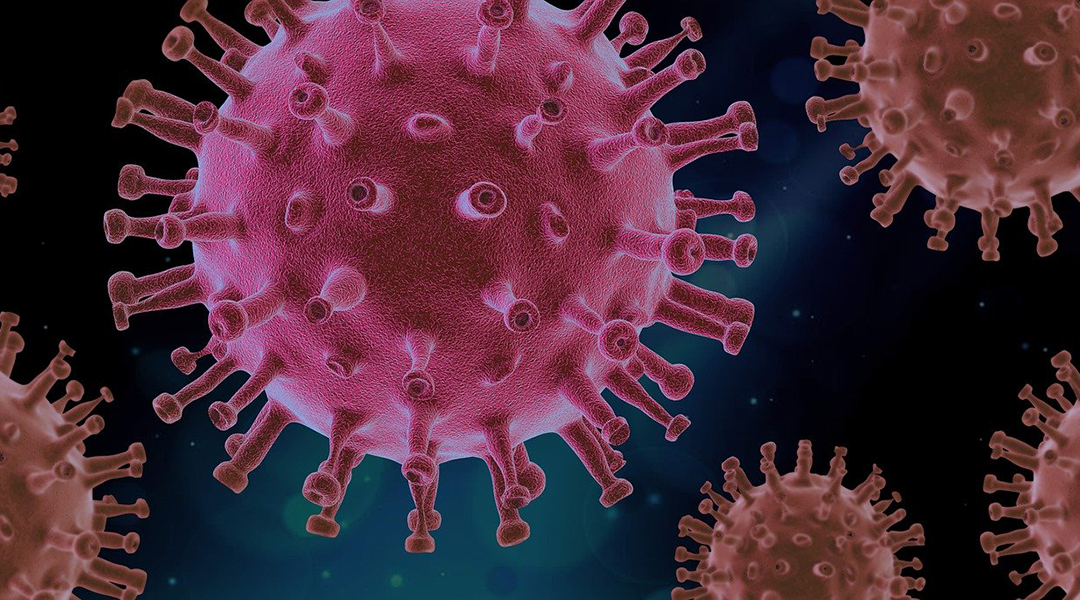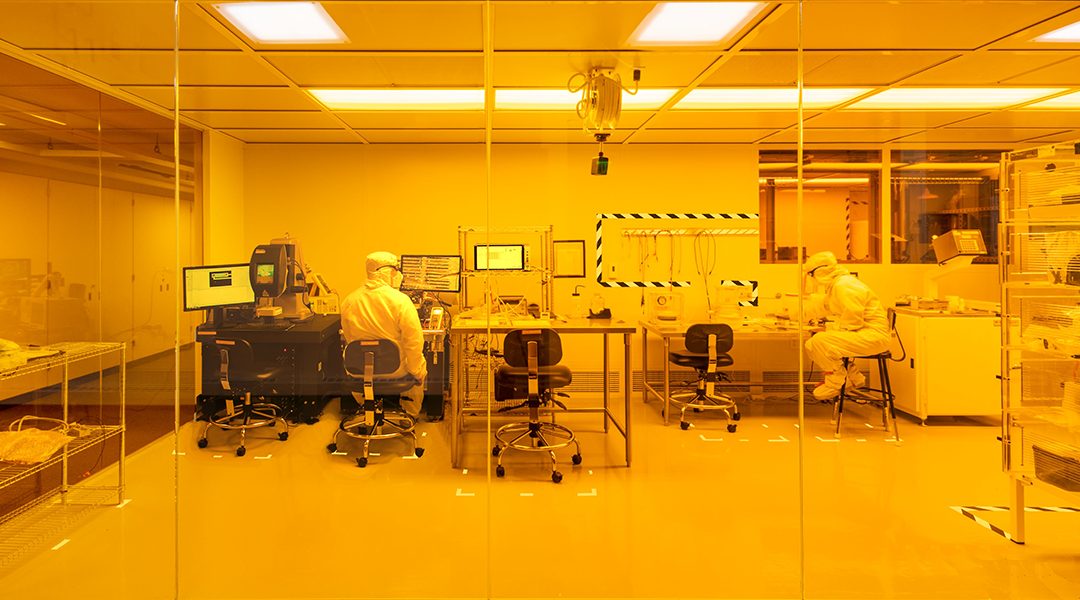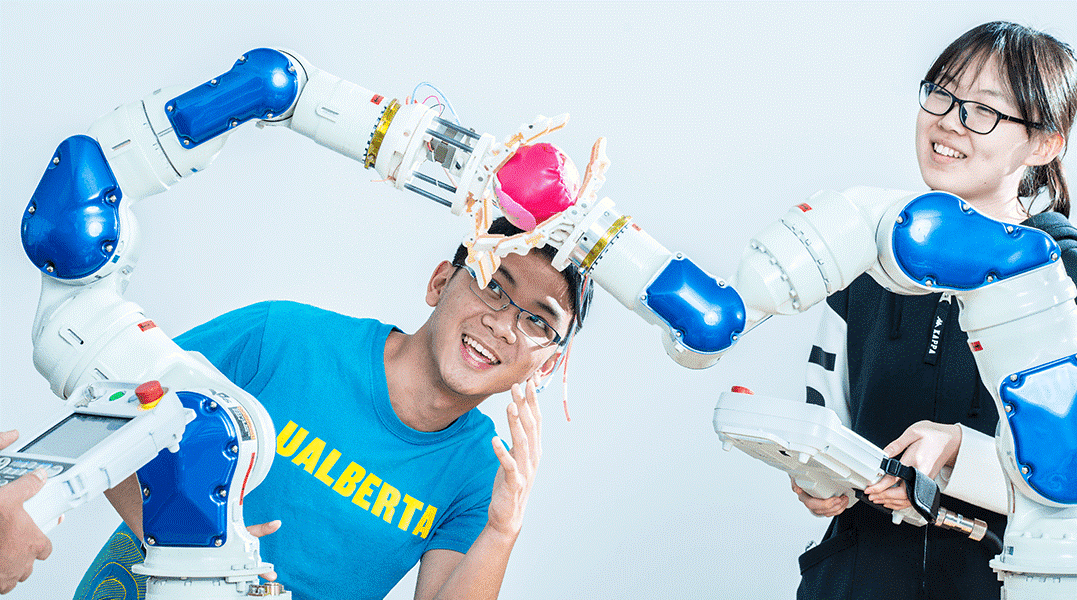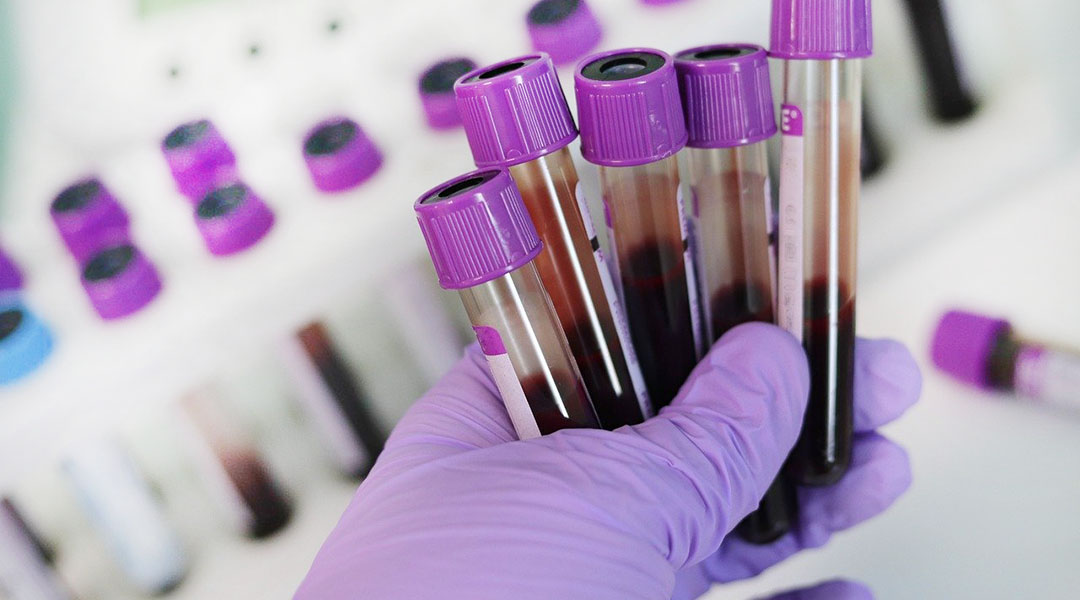As the way in which we work, socialize, and live becomes ever-more digital, enabling faster internet speeds and bandwidth capacity while using existing infrastructures promises a new dawn of the digital age.


As the way in which we work, socialize, and live becomes ever-more digital, enabling faster internet speeds and bandwidth capacity while using existing infrastructures promises a new dawn of the digital age.

Researchers in China give hope for a potential vaccine against SARS-CoV-2.

With a lack of motivation and determination, can this switch to online learning be beneficial for students? Three perspectives provide insight into learning during a pandemic.

Microfluidic oxygenators provide support to patients with low blood oxygen levels during respiratory distress, and advancements in technology are making them more portable and user-friendly.

Scientists identify a cocktail of antibodies from a recovered COVID-19 patient’s blood sample that helped neutralize the SARS-CoV-2 virus in mice.

MIT lab offers a model for cost savings, productivity, and safety; principles may also facilitate efficient reopening in the future.

Robotic systems have the potential to aid and complement healthcare in an effort to spark novel interdisciplinary initiatives between medical, engineering, and science communities.

The Story of CO2: Big Ideas for a Small Molecule

Researchers publish detailed protocol on their new antibody test to be used by researchers and clinicians around the world.

This year, April 22, 2020 marks the 50th anniversary of Earth Day, a grassroots idea from the 1970s that became a global movement.